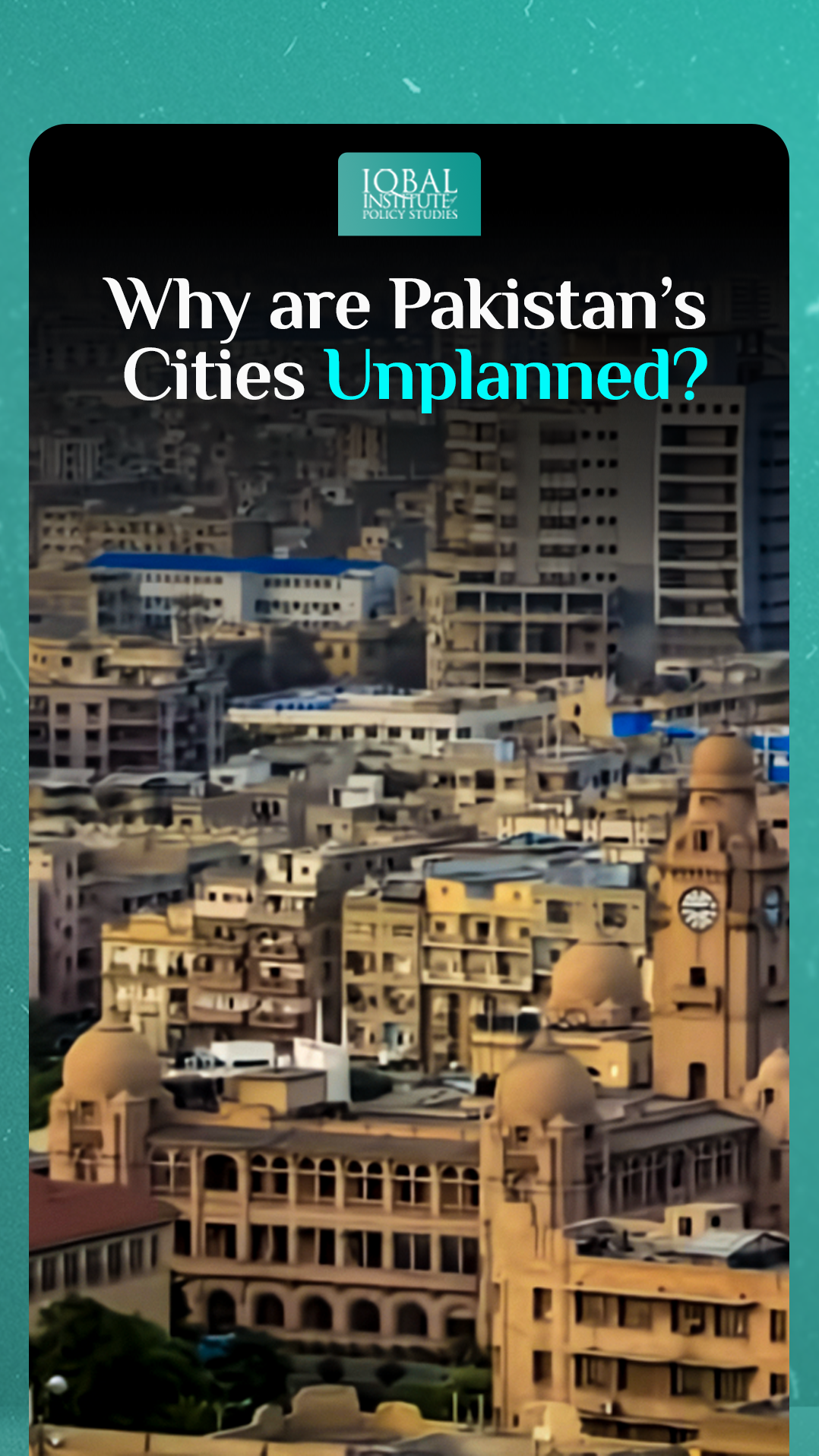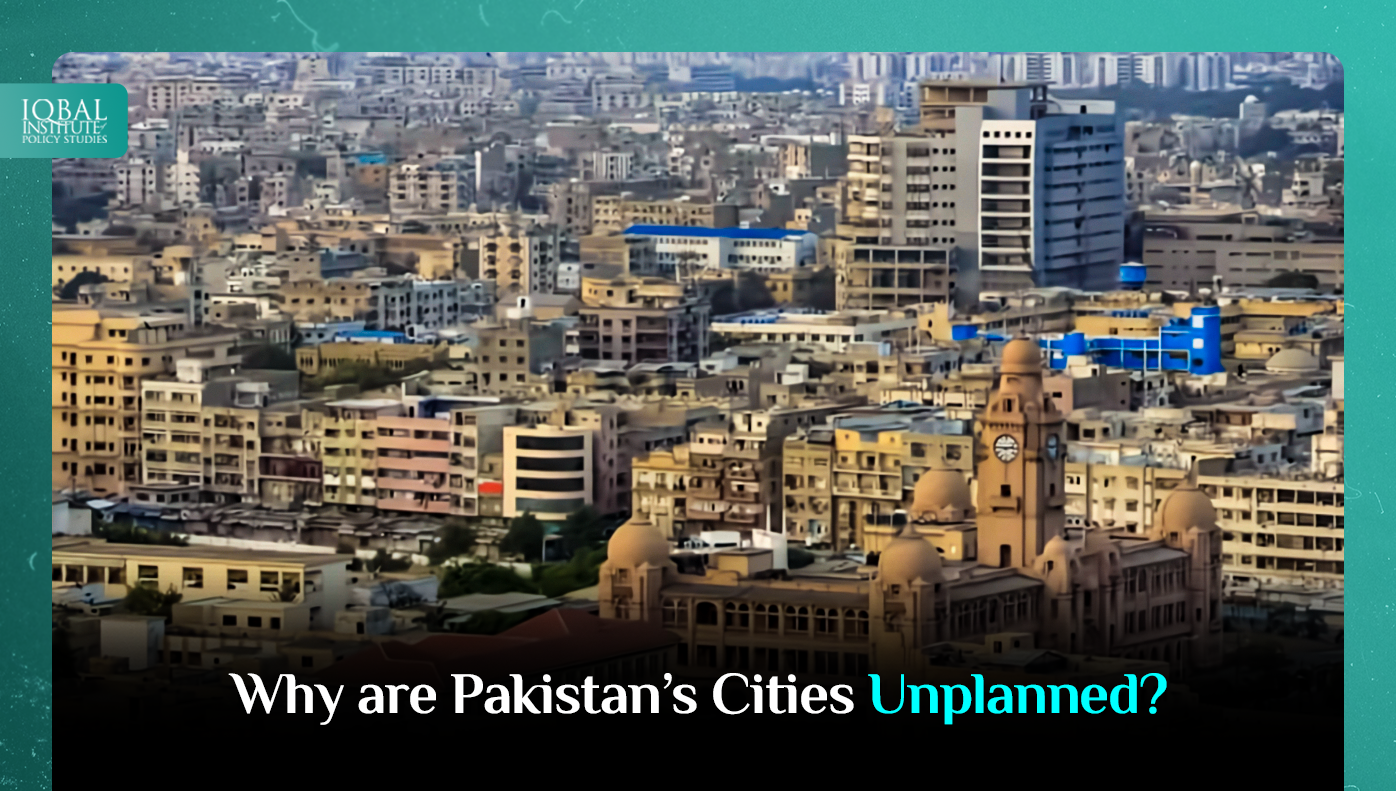Pakistan is considered one of the fastest-growing countries by population in South Asia. The share urban population increased from 17% in 1951 to 39.7% in 2017. Most of Pakistan’s cities are unplanned due to a lack of planning and implementation of policies. Moreover, if we look at the urban conglomeration, it will not provide a good picture. The Master plan is prepared with a huge budget and great effort but lacking in the execution process. It was found that around 30 to 50% of the population lives in the Katchi Abadis (Safdar,2018).
Karachi performed well between 2002 – 2008 when it had its own City District Government. After that, this system was abolished, and the government had not introduced an alternative approach to tackle city mismanagement. Peshawar, Quetta, Faisalabad, and Rawalpindi has witnessed mixed outcome depending upon the government and their preferences. On the contrary, Multan has shown gradual progress in infrastructure development in the last 10 years.
The crippling economic situation is increasing poverty in the country. The gap between rich and poor is growing. The urban development process has shifted from public land to some privileged classes. Therefore, the low-income group has no role in the policy-making process. Nonetheless, Pakistan is facing a housing deficit of 10 million units. As per research, the infrastructure deficit is the major indicator of urban decay. The World Economic Forum report has highlighted that Pakistan is among the countries lacking basic infrastructure. Poor infrastructure services result in constrained economic activities and reduce the growth potential. The balance between the demand and supply of infrastructure facilities has faced a massive imbalance.
To mitigate the urban planning flaws, the government has to focus on the development, design of land use and the built environment. The government needs to follow a bottom-up approach because it will provide opportunities for the community to be part of the policy-making process. Government should incorporate data science to understand the cities better, make efficient decisions and make cities smarter and more sustainable. To shift cities from a traditional to a modern framework, the government has to focus on the following key principles—energy, ecology, infrastructure, waste, water, livability, mobility, accessibility, economy, and culture.



Leave a Reply